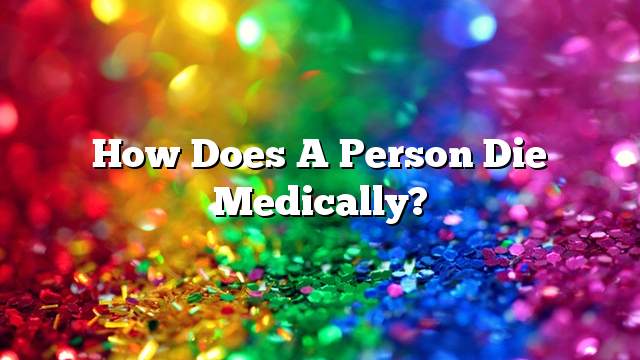When humans die, this means they stop all physical functions from beatings, breathing, growth and movement, which can no longer return to their functions. The ages of living organisms differ depending on the species. The plants are longer-lived compared to animals and humans. Some trees may live for a thousand years, The life of the animal ends with death, which can be divided into clinical death and cerebral death. The sudden cessation of blood circulation in the heart, breathing and consciousness is called clinical death, the medical term for stopping blood flow and breathing, Human , Which leads to the cessation of pumping blood to the heart, and the occurrence of so-called cardiac arrest.
It has been scientifically proven that stopping the blood cycle to the heart leads to death most cases, especially before the introduction of modern technology of cardiac and lung recovery devices, CPR electric shocks, adrenaline injection, and other modern scientific discoveries in the medical world.
As a result of clinical death, a person loses consciousness for several seconds, causing the brain to be affected and stopped for a maximum of 40 seconds. This causes the patient to contract irregularly. Here, the speed of the cardiopulmonary resuscitation must be accelerated. Using the CPR device for this purpose, and some of the injured regain their awareness during their ambulance.
Biological death is the loss of the brain, the ability to control autonomic functions, as a result of the cessation of circulation of blood and oxygen. Therefore, the person who dies biologically (brain) can continue beating his heart for some time, even with the cessation of the brain, but after some time, It does not reach the heart and therefore stops its work.
Some countries allow the removal of members of biologically dead persons and transfer them to patients who need them to be the heart and lung of the dead person biologically working artificial devices.
When the body dies, it loses its temperature and becomes cold, and then begins to decompose and emit a stinking odor. In addition, the body color changes to blue due to blood stagnation in the veins.
